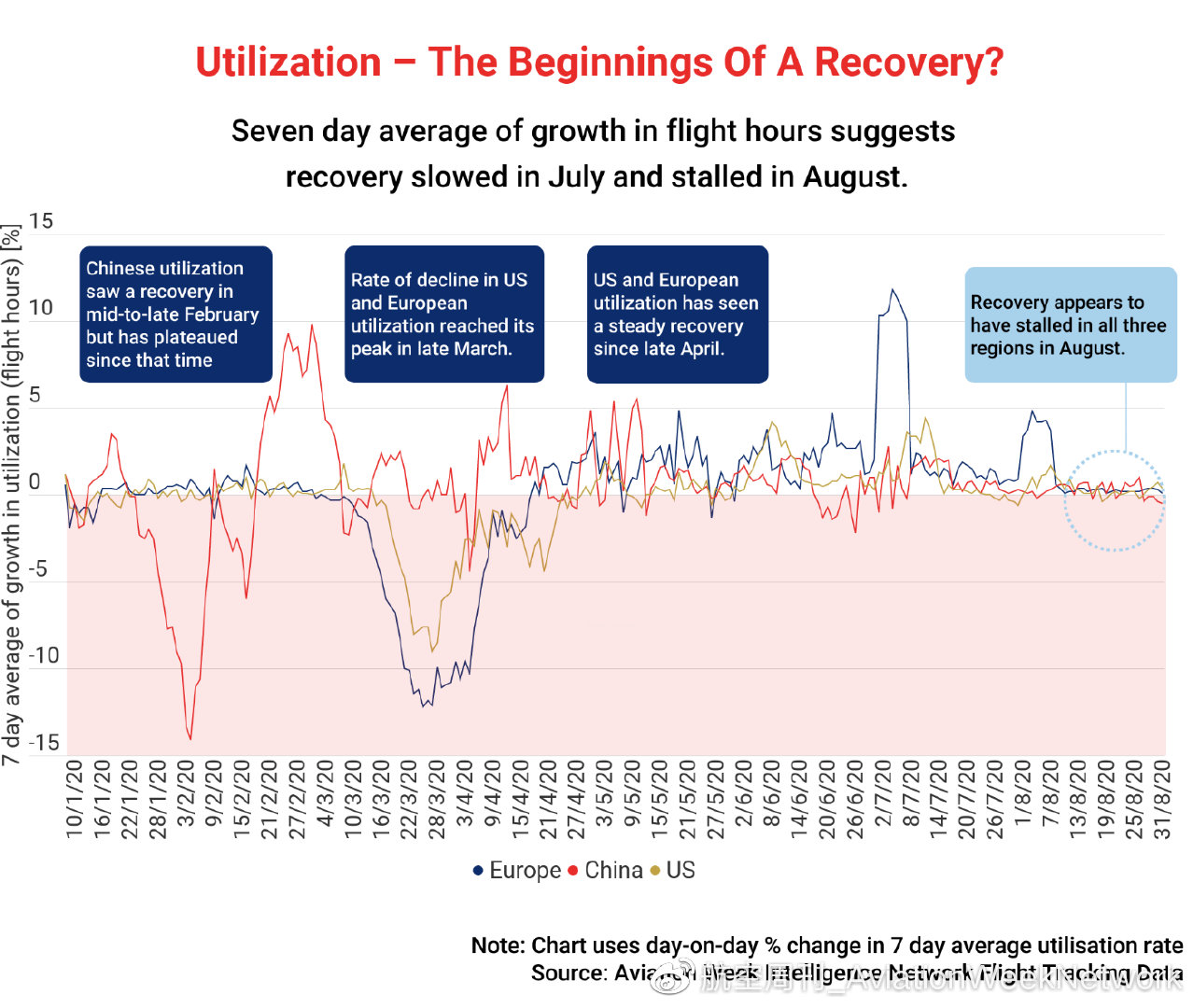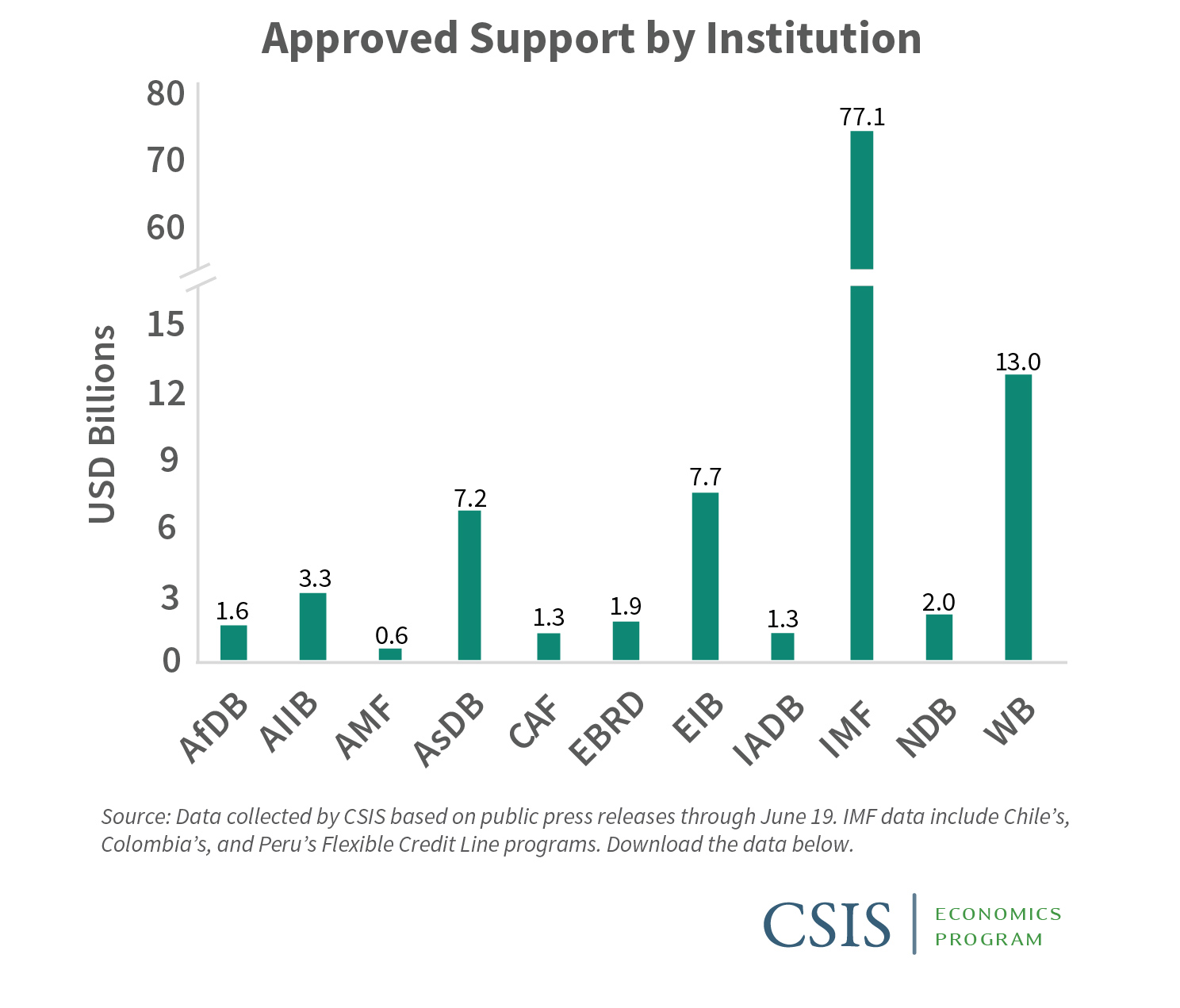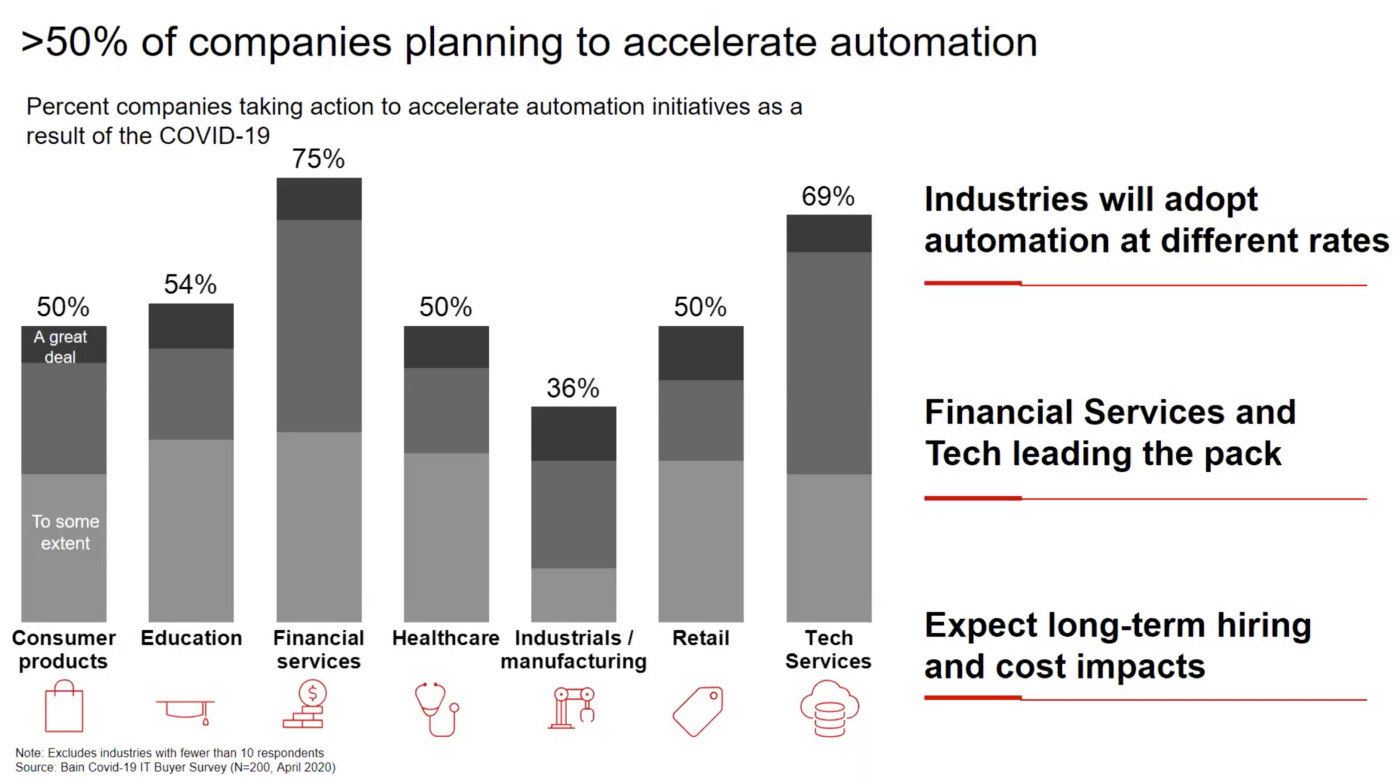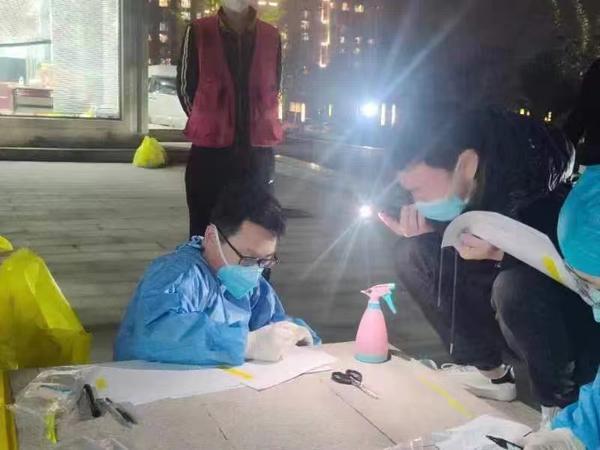Introduction
The year 2020 marked a turning point in the history of humanity, as the world was hit by a global pandemic unlike any other in recent times—the Coronavirus Disease 2019 (COVID-19). This highly contagious respiratory illness, caused by the severe acute respiratory syndrome coronavirus 2 (SARS-CoV-2), has not only posed a significant threat to public health but has also had far-reaching consequences on economies, societies, and daily life worldwide. This article aims to provide a comprehensive analysis of the impact of COVID-19 on global health, economics, and society, shedding light on the challenges faced, the measures taken in response, and the lessons learned for future pandemics.
Health Impact: A Global Health Crisis
The initial outbreak of COVID-19 in Wuhan, China, in December 2019 quickly escalated into a global pandemic, with cases reported in over 200 countries and territories. The World Health Organization (WHO) declared it a public health emergency of international concern on January 30, 2020. The virus's high transmissibility and potential for severe illness, particularly among the elderly and those with pre-existing conditions, led to a surge in hospitalizations and deaths worldwide.
According to the WHO, as of September 2023, the pandemic has claimed over 6.8 million lives globally, with over 500 million confirmed cases. The health systems of many countries were overwhelmed, leading to shortages of medical supplies, ventilators, and healthcare workers. Remote healthcare services and digital health solutions were hastily adopted to manage the crisis remotely and reduce the burden on hospitals.
Economic Impact: A Global Economic Slowdown
The economic fallout from COVID-19 has been profound and far-reaching. The International Monetary Fund (IMF) estimates that the pandemic caused a global contraction of 3.3% in 2020, the first recession since the Great Depression of the 1930s. Governments worldwide implemented lockdown measures and social distancing policies to curb the spread of the virus, which in turn led to a sudden halt in economic activities. Retail, hospitality, transportation, and tourism industries were particularly hard hit, with millions of jobs lost and businesses forced to close their doors.
The impact was not limited to developed countries; emerging markets and low-income countries were hit even harder due to their limited resources and pre-existing economic vulnerabilities. Remittances slowed down, exports declined, and foreign direct investment dried up, further exacerbating economic hardships. To mitigate the economic damage, governments introduced stimulus packages worth trillions of dollars, including direct payments to citizens, loan guarantees for businesses, and increased public spending on healthcare and infrastructure.
Societal Impact: A Shift in Normalcy
The pandemic has fundamentally altered the way we live, work, learn, and interact with each other. Remote work became the norm for millions of employees worldwide, disrupting traditional office dynamics and fostering a new era of digital connectivity. Online education saw a surge in popularity as schools and universities shifted to virtual learning platforms, altering the educational landscape for generations to come.
Social distancing measures led to a decline in social interactions and gatherings, resulting in loneliness, anxiety, and mental health issues for many individuals. The importance of digital connectivity for maintaining social connections was highlighted during this time, with video calls and online communities becoming crucial for maintaining social support networks. However, the digital divide also emerged as a significant challenge, with those without access to reliable internet or technology feeling further isolated.
Response Measures: A Global Collaboration Effort
In response to the pandemic, a global collaboration effort was initiated between governments, international organizations (such as the WHO), private sectors, and civil society. The WHO played a pivotal role in coordinating global efforts, sharing information on best practices for testing, tracing, treating patients, and vaccinating populations. Vaccine development and distribution became a global priority, with multiple vaccine candidates racing against time to bring an end to the pandemic. The COVAX facility was established to ensure equitable access to vaccines for all countries, regardless of their ability to pay.
Lessons Learned: Preparedness and Resilience
The COVID-19 pandemic has served as a stark reminder of the importance of preparedness and resilience in the face of public health emergencies. It has highlighted the need for stronger healthcare systems globally, with an emphasis on primary healthcare, infectious disease surveillance, and emergency response capabilities. The importance of investing in research and development for new vaccines and treatments cannot be overstated. Additionally, the pandemic has underscored the need for digital inclusion and equitable access to healthcare services for all.
Conclusion
The COVID-19 pandemic has been a defining moment in modern history, reshaping our understanding of public health emergencies, economics, and societal dynamics. While its immediate impact will be remembered for years to come, its long-term effects will continue to be felt across various sectors. As we move forward from this crisis, it is crucial that we learn from our experiences and strive for a more resilient and inclusive global community that is better prepared to face future health challenges. The journey towards recovery is ongoing, but with collective effort and a commitment to science-based decision-making, we can emerge stronger from this challenge.
转载请注明来自爬爬百科,本文标题:《COVID-19,全球健康、经济与社会的全面影响分析》












 京ICP备11000001号
京ICP备11000001号
发表评论